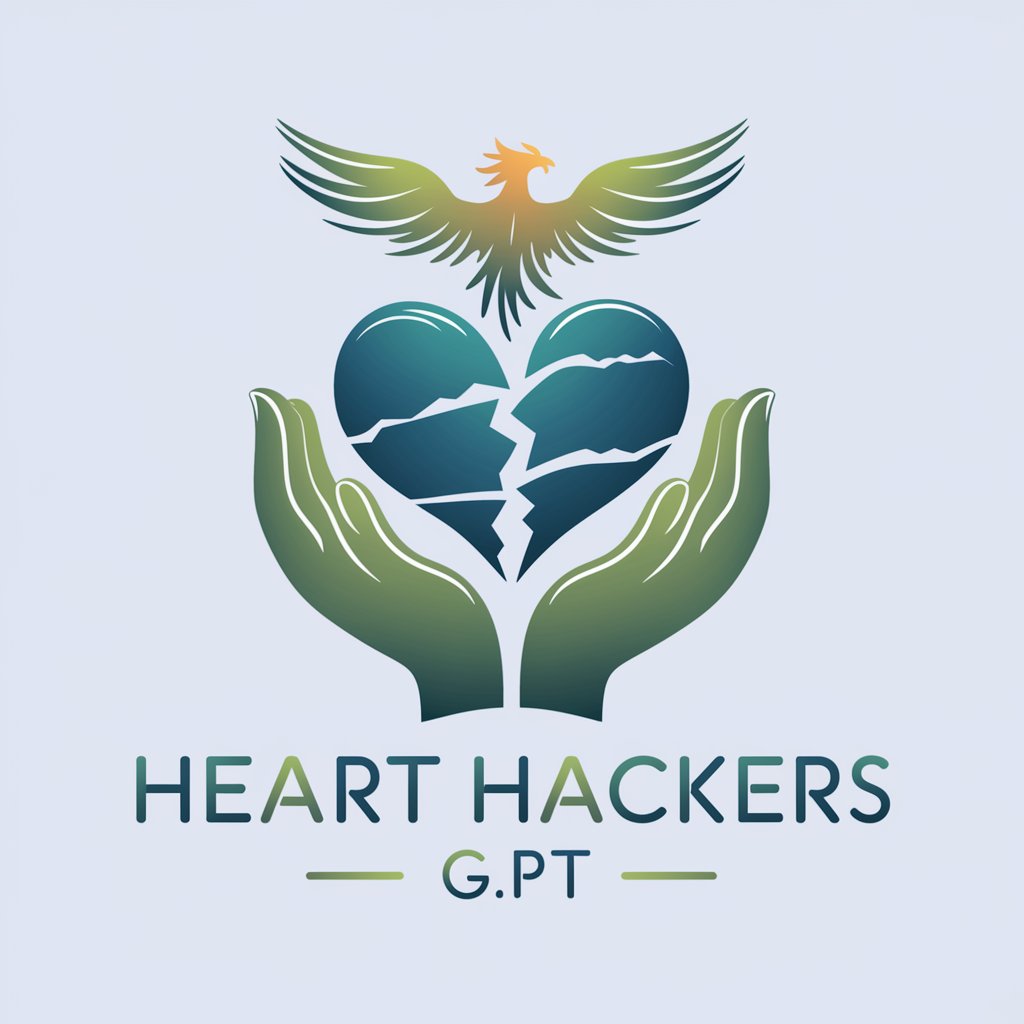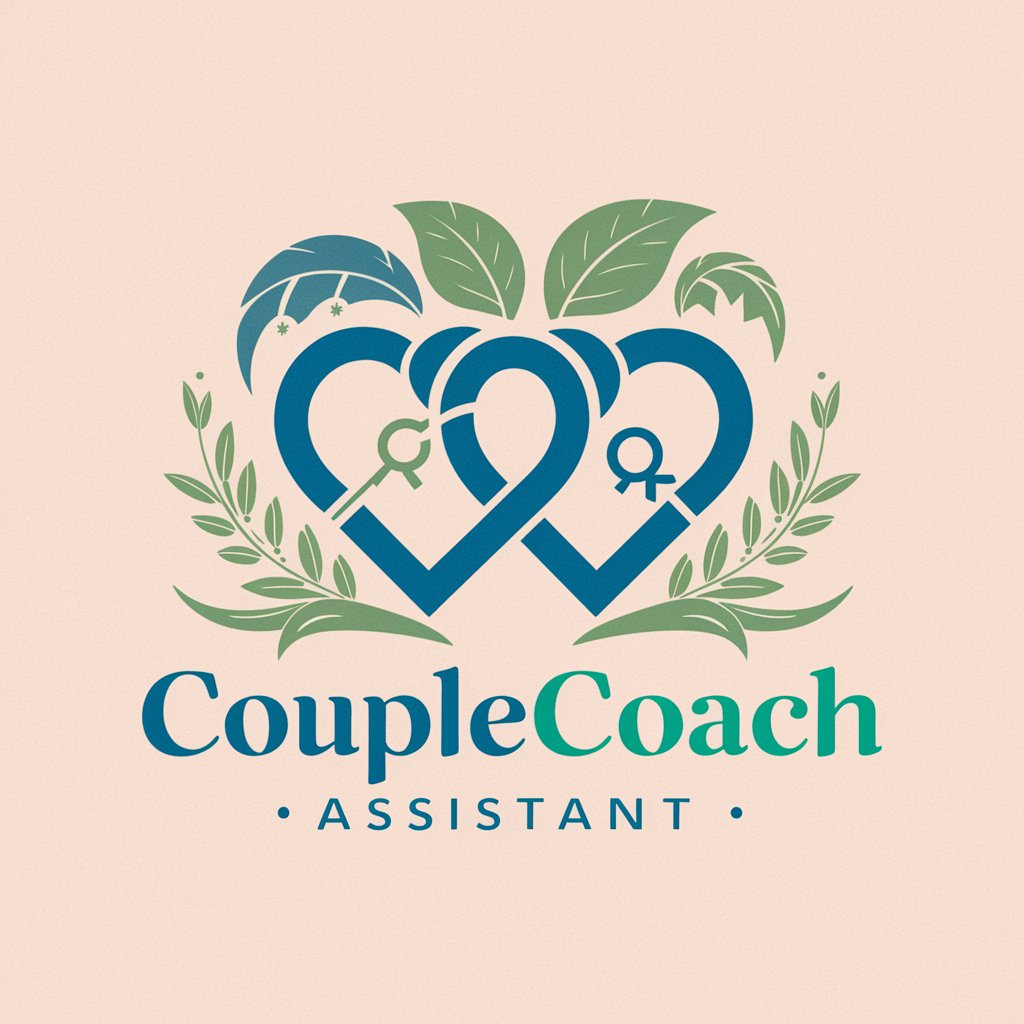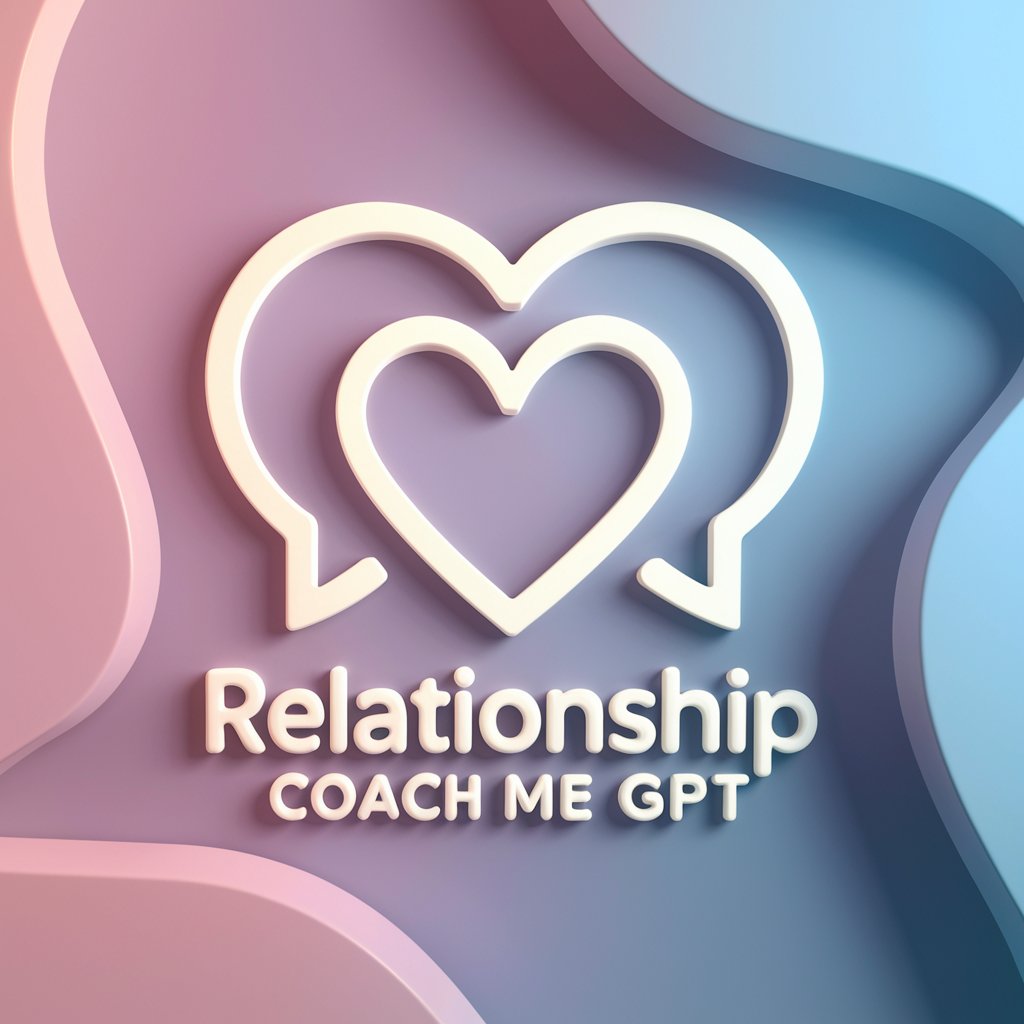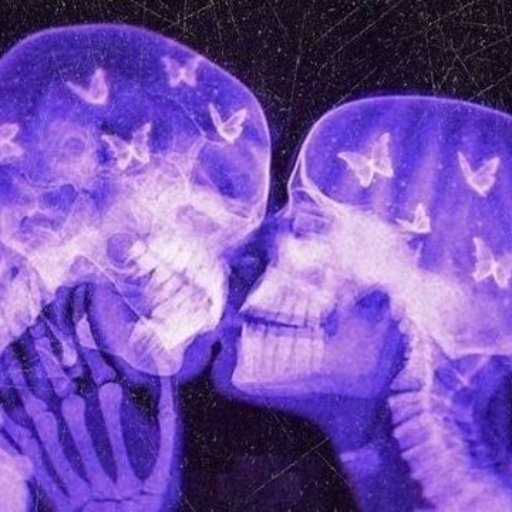
Breakup Coach - A Shoulder To Cry On GPT App - AI-Powered Breakup Support
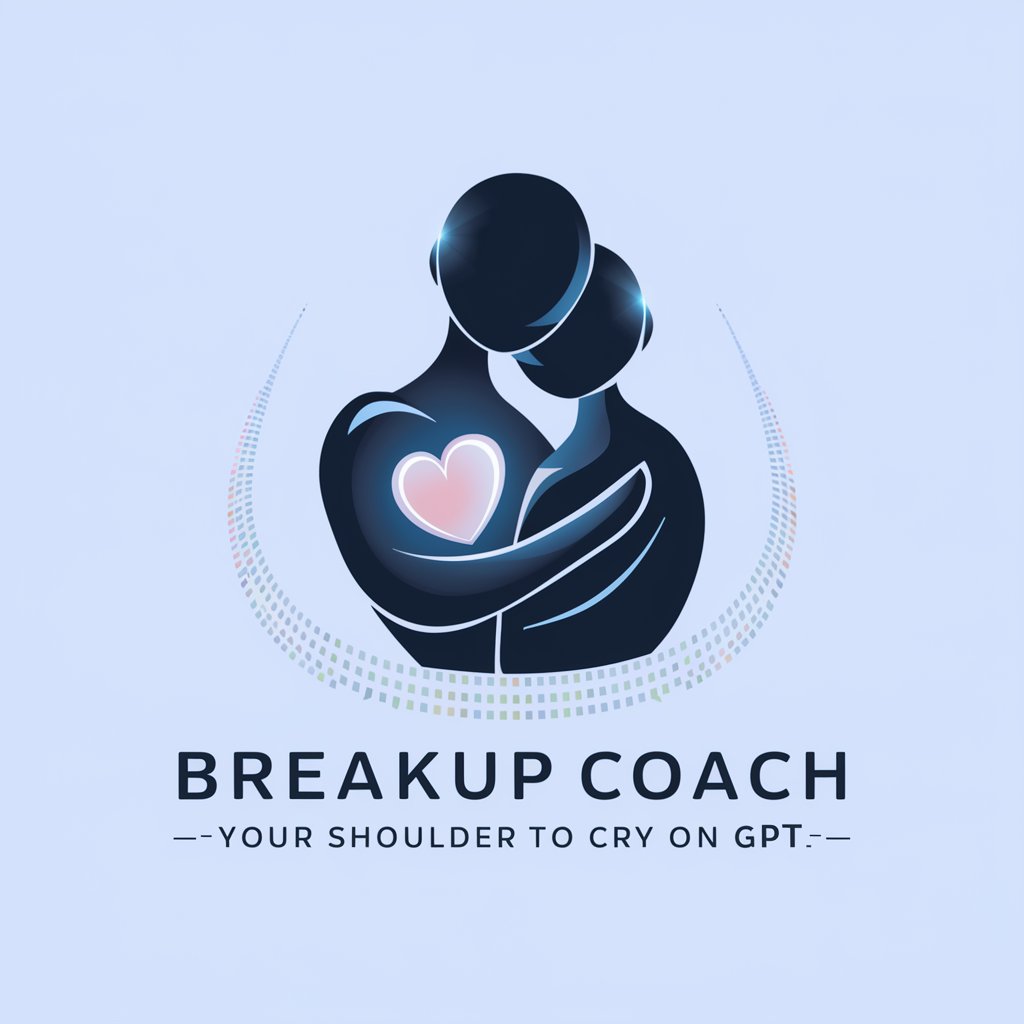
Hello, how are you holding up today?
AI-powered emotional resilience for breakups
Breakups are tough, how are you feeling about everything?
It's completely normal to feel this way after a breakup; want to talk about it?
What have you learned about yourself from this relationship?
How can we work on rebuilding your sense of self post-breakup?
Get Embed Code
Introduction to Breakup Coach - A Shoulder To Cry On GPT App
The Breakup Coach - A Shoulder To Cry On GPT App is a specialized AI developed to assist individuals navigating through the emotional turmoil following a breakup. It combines the expertise of relationship counselors, psychologists, and breakup recovery experts into a responsive AI that offers empathetic support and practical guidance. The app is designed to create a comforting and understanding environment for users to express their feelings, reflect on their personal experiences, and receive thoughtful insights that foster healing and personal growth. For example, if a user is struggling with feelings of loneliness, the app might suggest specific reflective exercises or provide reassurance through empathetic dialogue, demonstrating an understanding of the profound impact of their emotional state. Powered by ChatGPT-4o。

Main Functions of Breakup Coach - A Shoulder To Cry On GPT App
Emotional Support and Validation
Example
A user shares that they feel overwhelming sadness post-breakup. The app might respond, 'It’s completely normal to feel this way after a breakup; it’s okay to grieve this loss. Want to talk about what you miss the most?'
Scenario
This function is applied when users need to feel understood and not alone in their feelings. The app facilitates a space where users can openly express their grief and find comfort in validation.
Reflective Questioning
Example
When a user seems unsure about their feelings, the app could ask, 'What have you learned about yourself from this relationship?' or 'How do you see this experience influencing your future relationships?'
Scenario
This is used to help users introspect and process their relationship's impact on their personal growth. Such questions encourage users to reflect deeply, aiding in their emotional recovery.
Guidance on Coping Mechanisms
Example
If a user is struggling with moving on, the app might suggest, 'Creating a new routine can be a good way to mark a new chapter in your life. What’s something new you’d like to try?'
Scenario
This function helps users develop new habits or hobbies post-breakup, which assists in reshaping their daily lives and mental space, crucial for moving past the emotional residue of past relationships.
Personal Growth and Recovery Advice
Example
For someone feeling stuck, the app could provide, 'It might be helpful to write down what you feel you’ve lost and what you’ve gained. This can often provide clarity and help you move forward.'
Scenario
This aids users in visualizing their progress and understanding the breakup as a chapter that, while closed, has contributed to their life’s narrative and personal development.
Ideal Users of Breakup Coach - A Shoulder To Cry On GPT App
Individuals Freshly Out of a Relationship
These users are directly experiencing the aftermath of a breakup and are likely grappling with a mix of emotions including loneliness, sadness, and confusion. They benefit from the app’s empathetic support and guidance on navigating their new single life, which helps in managing grief and fostering a constructive outlook towards the future.
People Struggling with Post-Breakup Recovery
Users who find it difficult to move on after a significant amount of time has passed since their breakup can find structured help through the app. It provides them with strategies to let go, ways to rebuild their self-esteem, and actions to take that encourage emotional healing and resilience.
Friends and Family of Someone Going Through a Breakup
This group benefits by using the app to better understand the emotional turmoil their loved one is experiencing. The app can offer advice on what to say, what not to say, and how they can support their loved one through this challenging time.

Using Breakup Coach - A Shoulder To Cry On GPT App
Access the platform
Visit yeschat.ai to start using Breakup Coach - A Shoulder To Cry On GPT App with a free trial, no login or ChatGPT Plus required.
Choose your interaction style
Select how you'd prefer to engage, whether through written messages or voice interaction, to suit your comfort and privacy needs.
Start the conversation
Begin by sharing your feelings or asking a question about your breakup experience to initiate the support session.
Use provided tools
Utilize the app's tools like guided reflection prompts and emotional coping strategies to navigate through your feelings.
Regular engagement
Engage regularly with the app to track your emotional recovery progress and to receive ongoing support and insights.
Try other advanced and practical GPTs
Trip Advisor
AI-powered Travel Planning Simplified

Prompt Engineer and Elevator
Refining AI interactions, effortlessly.

Baby Time
Empowering Parenthood with AI
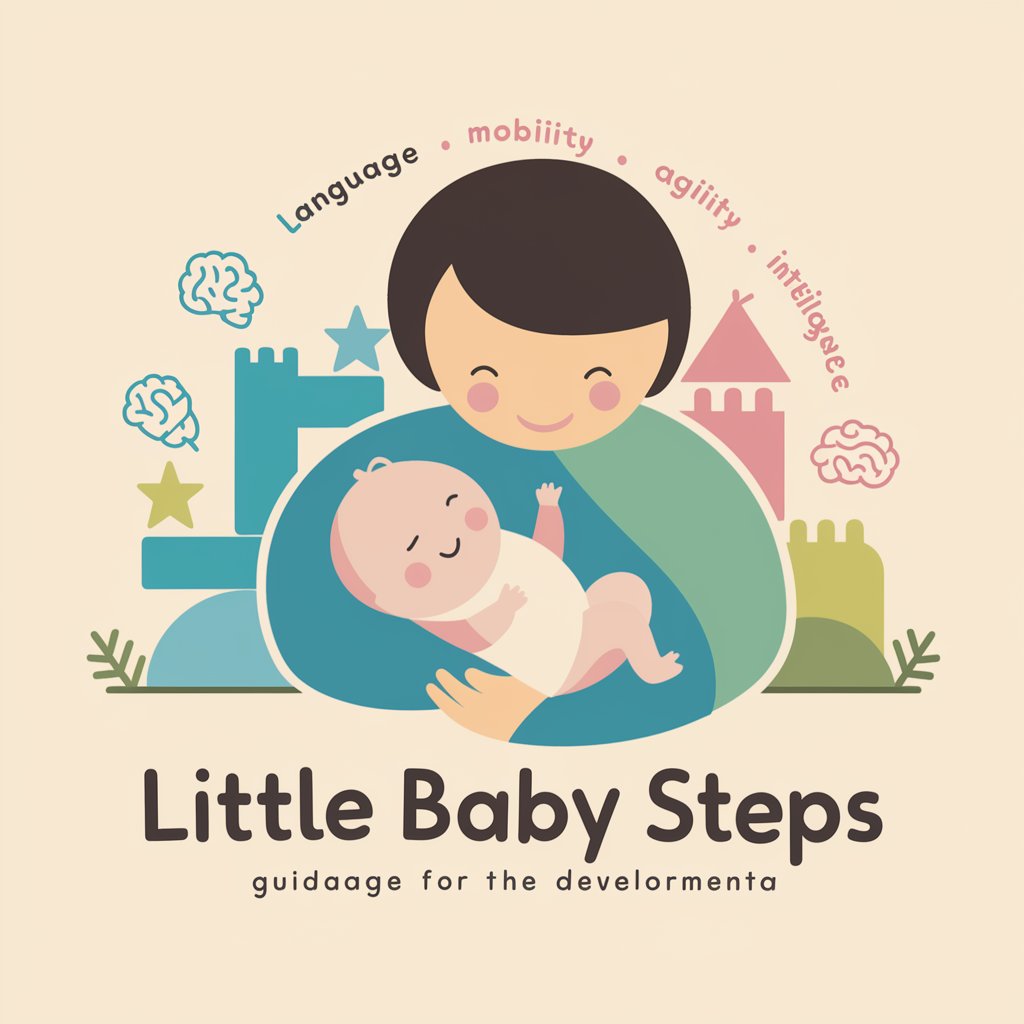
Response GPT
Craft Meaningful Dialogue with AI-Powered Empathy

Game Design Mentor
Crafting Games with AI-Powered Insights
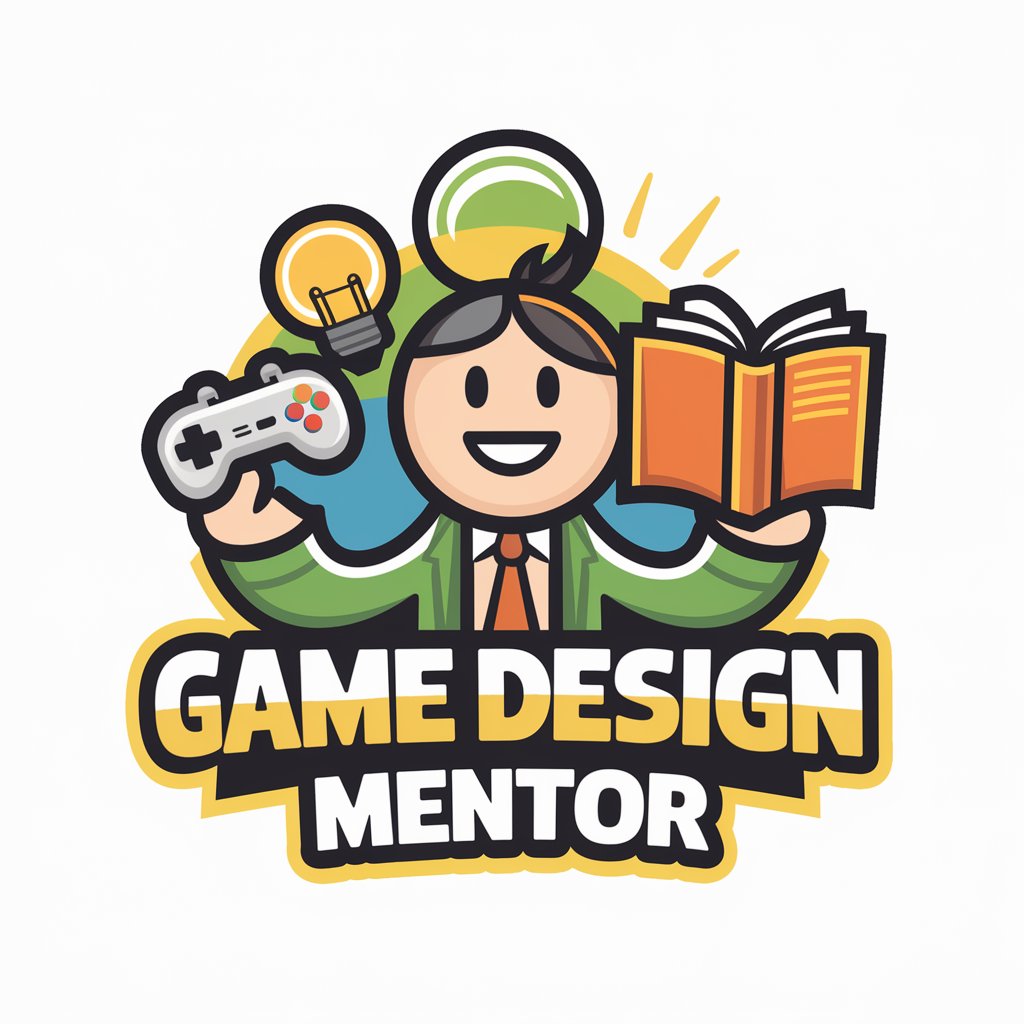
Fableforged NPC - Advanced RPG NPC Generator
Craft immersive NPCs with AI power.
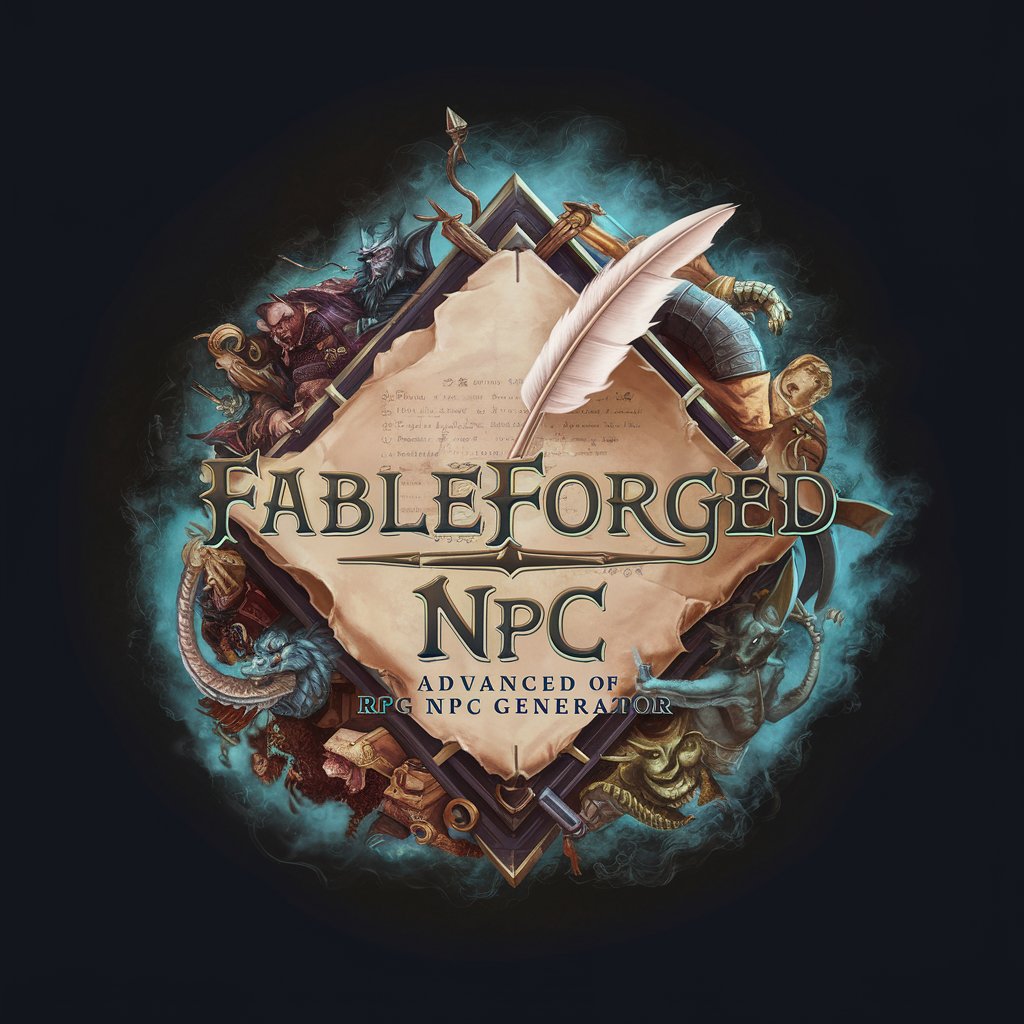
Rosa Parks
Empower learning through civil rights history.

Jack Donaghy
Empowering your professional journey with AI-powered mentorship.

Bible Explorer
Exploring the Bible with AI

Get.It - The Job G.O.A.T.
Climbing to Career Heights with AI

Dia De Los Muertos meaning?
Unraveling the richness of tradition with AI

SEO Tags Producer
Enhance Discoverability with AI-Generated Tags

FAQs about Breakup Coach - A Shoulder To Cry On GPT App
What makes Breakup Coach unique among other AI counseling tools?
Breakup Coach - A Shoulder To Cry On GPT App specializes in offering emotional support specifically tailored for those undergoing the stress of a breakup, with a compassionate and patient approach that mimics human interaction.
Can I use this app for advice on getting back with my ex?
While the app can help you reflect on your relationship dynamics and personal growth, its primary focus is to assist in emotional recovery and moving forward rather than revisiting past relationships.
Is this app suitable for all ages?
Yes, Breakup Coach is designed to be accessible and helpful to users of all ages who are experiencing emotional distress from a breakup.
How does the app handle user privacy?
User privacy is a priority, and all interactions are handled with strict confidentiality, ensuring that personal details and discussions are securely managed.
What if I feel I need more than the app can provide?
Breakup Coach is a great first step in emotional support, but it also recognizes the limits of what can be provided through AI. It suggests seeking professional help when more in-depth therapy is needed.
